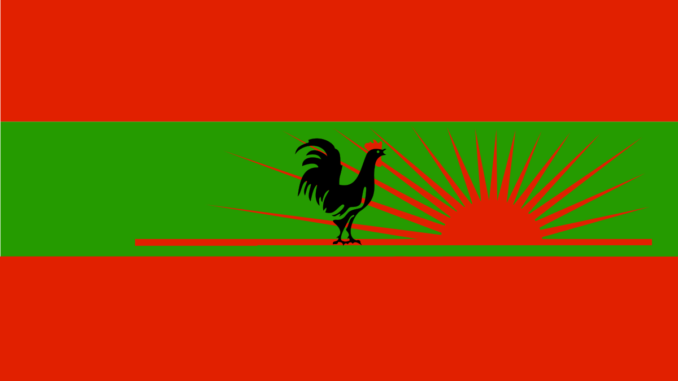
The president of UNITA yesterday accused the Angolan government of being “corrupt” and “incompetent”, stating that it is the party founded by Jonas Savimbi that has the mission to reverse this situation and end the drama “in the management of resources”.
Adalberto da Costa junior was speaking at the opening of the 5th ordinary meeting of the permanent committee of the National Union for the Total Independence of Angola (UNITA), today in Luanda, on the day the party commemorates the “Patriot’s Day” in honor of its founder Jonas Savimbi, killed in combat on February 22, 2002.
The UNITA leader underlined that Savimbi continues “after his death to influence and inspire generations of young people” and that “despite the immense intoxication and propaganda against him, the number of those who consider him a true inspiration of Angolan patriotism grows daily”.
For Adalberto da Costa Júnior, his political vision of Angola and the world “put him in a position of target to be shot down by those who saw him as an obstacle to easy profit and the unbridled exploitation of the country’s resources” and 21 years after his death, “the country has not become democratized” despite the extraordinary accumulation of capital that should have served as levers promoting the country’s development.
Therefore, Angola “continues to pass by a success story.
“All Angolans have already understood that the lack of water and electricity, the unemployment, the exclusion, the poverty, the underdevelopment, do not have Jonas Savimbi as responsible, but an incompetent, corrupt and antidemocratic Government”, criticized the political leader, reminding that the civil war ended 21 years ago.
Adalberto da Costa Júnior’s words are also a retort to recent statements by leaders of the Popular Movement for the Liberation of Angola (MPLA), a party in government since independence in 1975, attributing the country’s problems to its war past.
The UNITA leader also addressed the issue of national reconciliation, questioning the government about the “excluded” and “ignored” patriots, namely Savimbi and Holden Roberto, who headed the National Front for the Liberation of Angola (FNLA), another Angolan nationalist movement, without the right to statues or street names.
